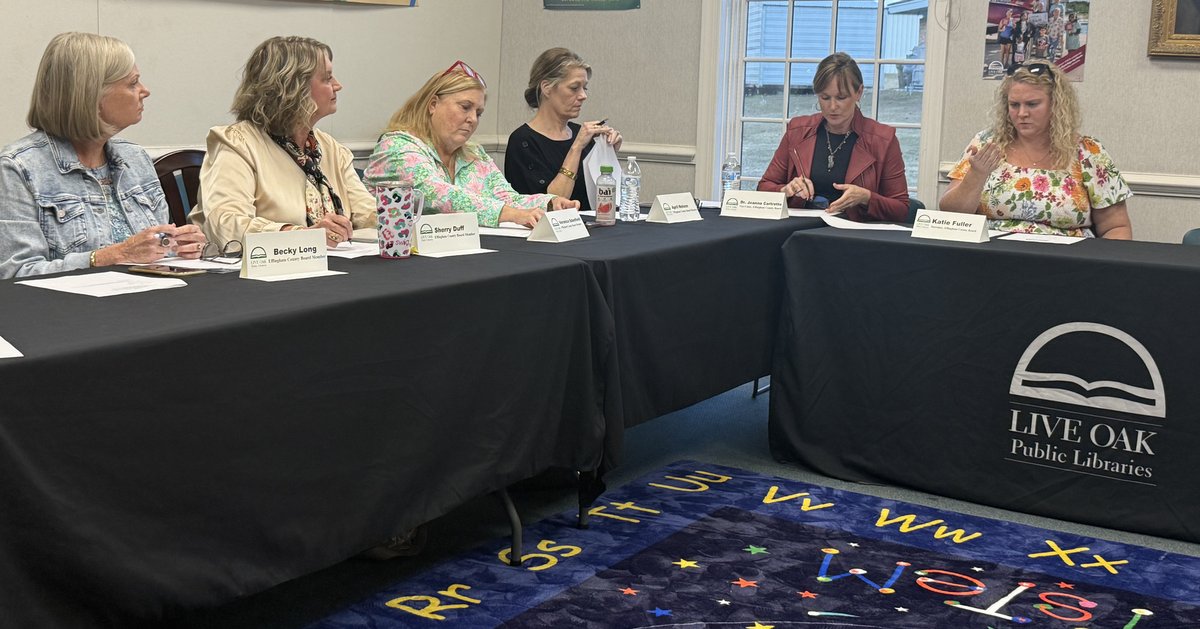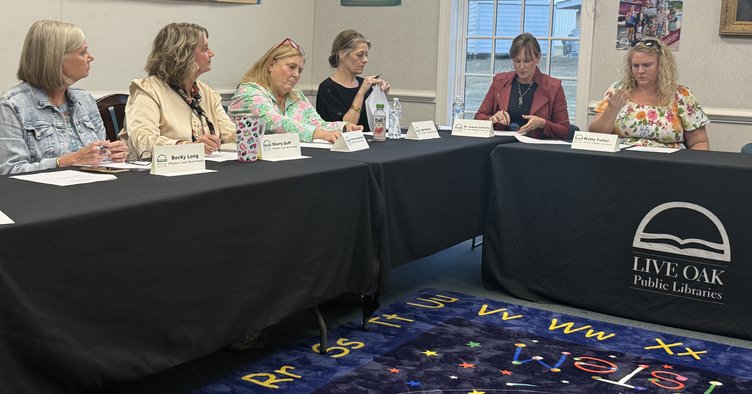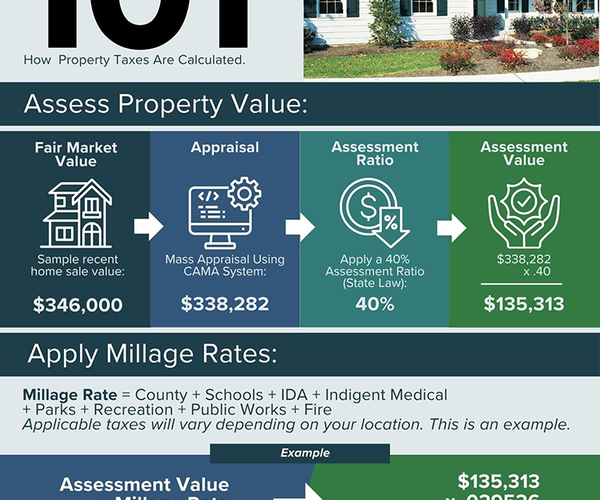The city of Guyton could advertise for bids for its planned wastewater treatment plant as soon as next month, Mayor Michael Garvin said.
The state Environmental Protection Division has awarded the city a land application permit for its proposed sewage plant, to be built on Riverside Drive. According to the EPD, the land application system meets all the necessary requirements and is protective of the environment, though many Guyton-area residents have been opposed to the plans for a wastewater treatment plant.
The EPD held a public meeting on the plant in January. The city has been working on a 250,000 gallon-per-day treatment plant for several years.
“It’s long overdue,” Garvin said.
The mayor said he expects the bid to go out before the end of the year.
“We’re probably a couple of months from a shovel in the ground,” he said. “The holdup was waiting on the permit. We have the permit, so it should be going out to bid in mid-December.”
Critics of the plant have questioned its site and raised doubts about flooding on the tract. Among the concerns was the delineation of jurisdictional wetlands, and opponents told the EPD that there was evidence that two wetlands identified as non-jurisdictional were connected to the Ogeechee River. The state required Guyton to have a third party survey the site. Construction plans have been updated to show seven wetlands in the new jurisdictional determination and provide buffers for those wetlands.
Even with the land application permit, the city still must abide by the Army Corps of Engineers and other federal requirements. The updated design development report and construction plans also call for a 50-foot buffer between the spray zone’s border and the recently delineated wetlands. The body of water is deemed to be intermittent, but if it was ruled to be permanent, the buffer would be have to be at least 100 feet. The permit stipulates annual evaluation of the bodies of water.
There were also concerns that the spray field would be within the 100-year flood zone, based on longtime observations. But the EPD countered that updated Federal Emergency Management Agency flood maps show where the treatment ponds are designed to go and the sprayfields are not in the 100-year flood zone. Portions of the property that are not permitted for a land application system, though, are in the 100-year flood zone.
In responses to public comments, the EPD also said no wastewater will be discharged into the river. Additionally, there must be a 150-foot buffer between the edge of the spray area and the property line and a 300-foot buffer between the edge of the spray area and existing houses.
Costs of building the wastewater treatment plant have been pegged originally at $4.7 million, with another $2 million in costs to connect the city’s customers to the plant. Guyton has been using capacity at Springfield’s wastewater treatment plant. Effingham County also has made offers to the city for capacity in its 1 million gallon-per-day plant.
A $9 million bond package approved in 2011 is providing $2 million to buy the property and $6.7 million for plant construction and hookups to customers.
Guyton City Council members first voted in January 2008 to seek building the plant. They approved buying 650 acres for the plant off Riverside Drive in March 2008.
“I’m very relieved,” Garvin said of getting the permit. “When you go through the issues we have gone through with wastewater, I am very relieved. I’ll be able to get some sleep at night, rather than some sleepless nights. We’re thrilled to have it.”
The city also has named the park it will build on the Riverside Drive property the Brenda R. Lovett Memorial Park. It will include a pavilion and a walking trail.
“It’s going to be nice,” Garvin said.








